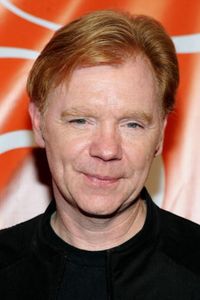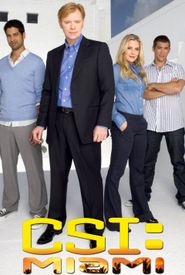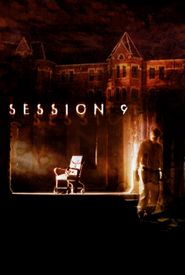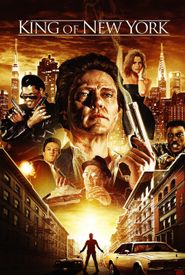David Stephen Caruso was born in Forest Hills, Queens, New York, to Charles Caruso, a magazine and newspaper editor, and Joan, a librarian. He attended elementary and middle school at Our Lady Queen of Martyrs and then Archbishop Molloy High School, both in Queens. After high school graduation in 1974, he toyed with some commercial work. A few years later, he began to make a slight dent in films, first appearing in Getting Wasted (1980) and Without Warning (1980).
He first gained recognition with a strong recurring role as a gang leader on Hill Street Blues (1981) and showed to good advantage in the series Crime Story (1986). This sudden notoriety on police TV gave way to some even stronger stuff in streetwise film crimers such as King of New York (1990) as a cop gone bad, and Mad Dog and Glory (1993),in which he earned excellent marks as a cynical urban cop.
However, his star-making role came via TV and his portrayal of Detective John Kelly on the critically-acclaimed series NYPD Blue (1993). Audience adoration was immediate, and he earned a Golden Globe Award and Emmy nomination for his performance. Confident now that he could be a magnetic force in front of a movie camera, stories began to circulate that the instant fame had gone to his head, that he was moody, demanding, and difficult on the set, and that he was quickly alienating not only his co-stars but the show's directors and writers.
Ready to prove all those naysayers wrong about his chances in film, Caruso made tabloid headlines when he announced his decision to leave the highly-rated show after only one season to pursue film stardom. Rumors also bounced around that he left following unresolved salary negotiations. For whatever reason, he wasted no time in scouting out movie vehicles for himself. Again, he focused on his specialty - crime thrillers. The first, Kiss of Death (1995),in which he played a petty thief trying to go straight, did not go over well box-office-wise despite its good reviews, and the second, Jade (1995),in which he portrayed a homicide detective, was a grisly, unappetizing thriller that was given the thumbs down almost immediately.
As a comeuppance for coming up short, he was nominated for the dubious "Razzie" award as the "Worst New Star" of those two films. With no movie releases at all in 1996, by the time Cold Around the Heart (1997) was released, in which he played a jewel thief who is betrayed by his sexy partner-in-crime (Kelly Lynch),the TV star had lost all of his movie star momentum.
In 1997, Caruso made an inauspicious return to the small screen as the placid title prosecutor Michael Hayes (1997),a law series, but it was a very short-lived experience. Audiences had become fickle and indifferent to his "heralded comeback". Finding a serious lack of offers, he returned to supporting others in films such as Russell Crowe in Proof of Life (2000),and copped a couple of leads for himself in such low-budgeted films as Session 9 (2001) and the Canadian film Black Point (2001).
But in 2002, he found TV magic once again behind a badge as Lt. Horatio Caine in the popular CSI spin-off series CSI: Miami (2002). Strongly anchoring the show, which focuses more on crime methodology and whodunnit twists than character development, Caruso has never the less earned cult fame for his slick demeanor and deliberately slow speech patterns, reminding one of William Shatner's heady, methodical approach to Captain Kirk. Known for his deep, dry tones and parade of droll one-liners, many of which include him slipping on his dark shades during mid-sentence, he has been the subject of many a late-nite parody and satire.
A difficult interviewee who has admitted to keeping his monumental ego in check since his return to TV, he has been little seen since the "Miami" series ended in 2012 after ten seasons.

















































